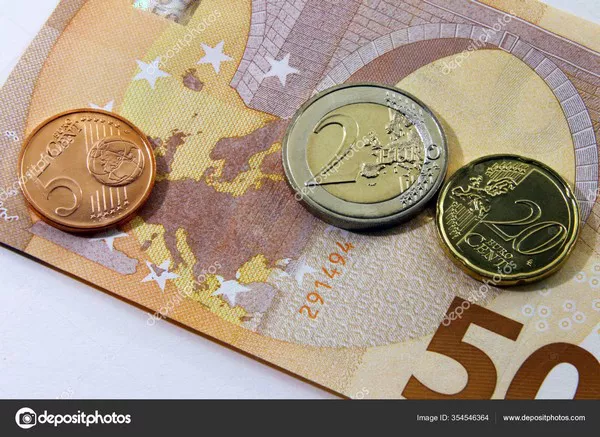The euro is one of the world’s most important currencies, and its value affects everything from global trade to vacation plans. As of May 2023, the euro has been on a rollercoaster ride, with significant fluctuations against other major currencies such as the US dollar and British pound. So, will the euro rise or fall in 2023? In this article, we’ll take a closer look at some of the factors that could influence the euro’s value over the next year.
The State of the European Economy
One crucial factor that could impact the euro’s value in 2023 is the state of the European economy. The COVID-19 pandemic hit the continent hard, causing significant disruptions and economic damage. However, there are signs that the European economy is starting to recover.
At the end of 2022, the European Central Bank (ECB) announced that it would scale back its asset purchase program, citing the improved economic outlook. Additionally, many European countries have reopened their economies and lifted pandemic-related restrictions, which should help spur growth.
However, there are still concerns about inflation, which has been rising significantly in Europe and globally. High inflation could lead the ECB to raise interest rates, which would make the euro more attractive to investors, potentially boosting its value.
Geopolitical Tensions
Geopolitical tensions can also play a role in currency values, and there are several ongoing issues that could impact the euro in 2023. One of the most significant concerns is Brexit, which continues to cast uncertainty over the EU-UK relationship.
The UK officially left the EU in January 2020, but negotiations over various aspects of the separation, such as trade and borders, continue. Any negative developments in these talks could weigh on the euro’s value, particularly against the British pound.
Additionally, the situation in Ukraine remains volatile, and tensions between Russia and the West are high. Any escalation of these conflicts could lead to a flight to safe-haven currencies, such as the US dollar, at the expense of riskier currencies like the euro.
US Monetary Policy
The United States Federal Reserve’s monetary policy can also impact the euro’s value. The Fed has been implementing an accommodative monetary policy in response to the COVID-19 pandemic, keeping interest rates low and pumping money into the economy.
However, there are concerns that this approach could lead to inflation, which could prompt the Fed to raise interest rates. If this happens, it could make the US dollar more attractive to investors, potentially leading to a decline in the euro’s value.
Trade Agreements
Finally, trade agreements could also impact the euro’s value in 2023. The EU has signed several recent trade agreements, including the Comprehensive Agreement on Investment with China and the EU-Mercosur Association Agreement with South American countries.
These agreements could help spur economic growth and increase demand for the euro, particularly if they result in increased trade and investment. However, concerns about human rights issues in China and environmental concerns related to the Mercosur agreement could lead some investors to shy away from the currency.
Conclusion
So, will the euro rise or fall in 2023? There is no clear answer, as multiple factors could influence its value over the next year. While economic recovery and low interest rates could support the euro, geopolitical tensions, inflation fears, and monetary policy changes could weigh on its value.
As always, investors should stay informed and monitor developments closely. By keeping an eye on economic indicators, political events, and trade agreements, investors can make informed decisions about whether to buy, sell, or hold euros in the coming year.


